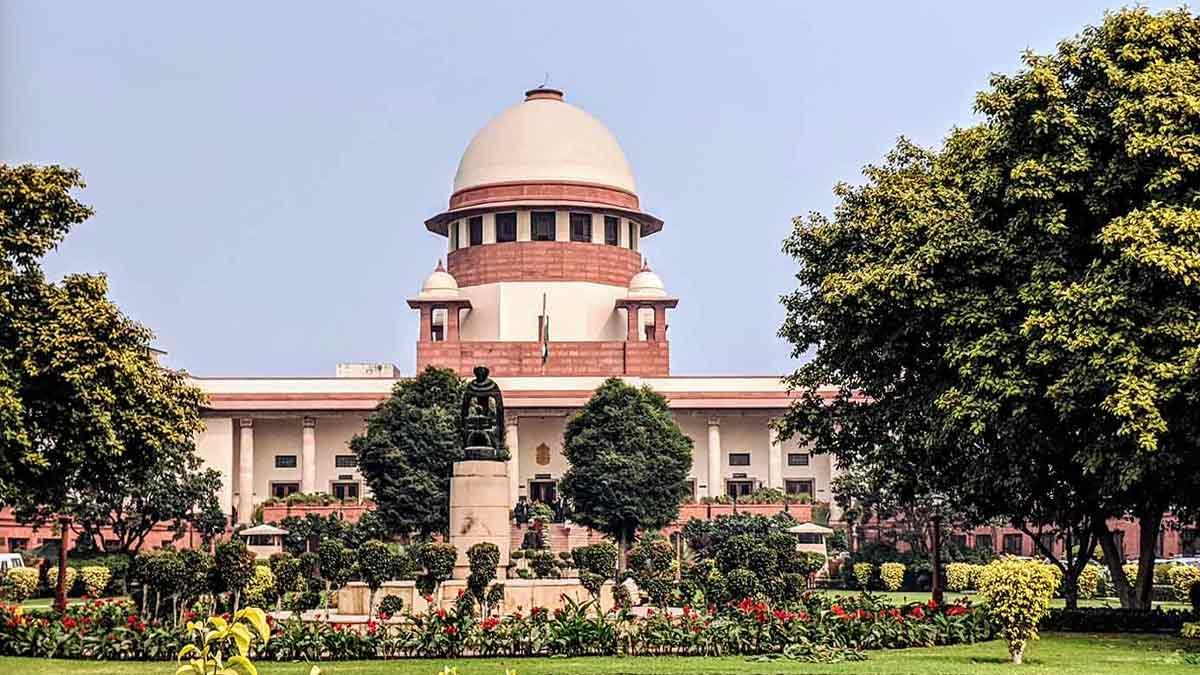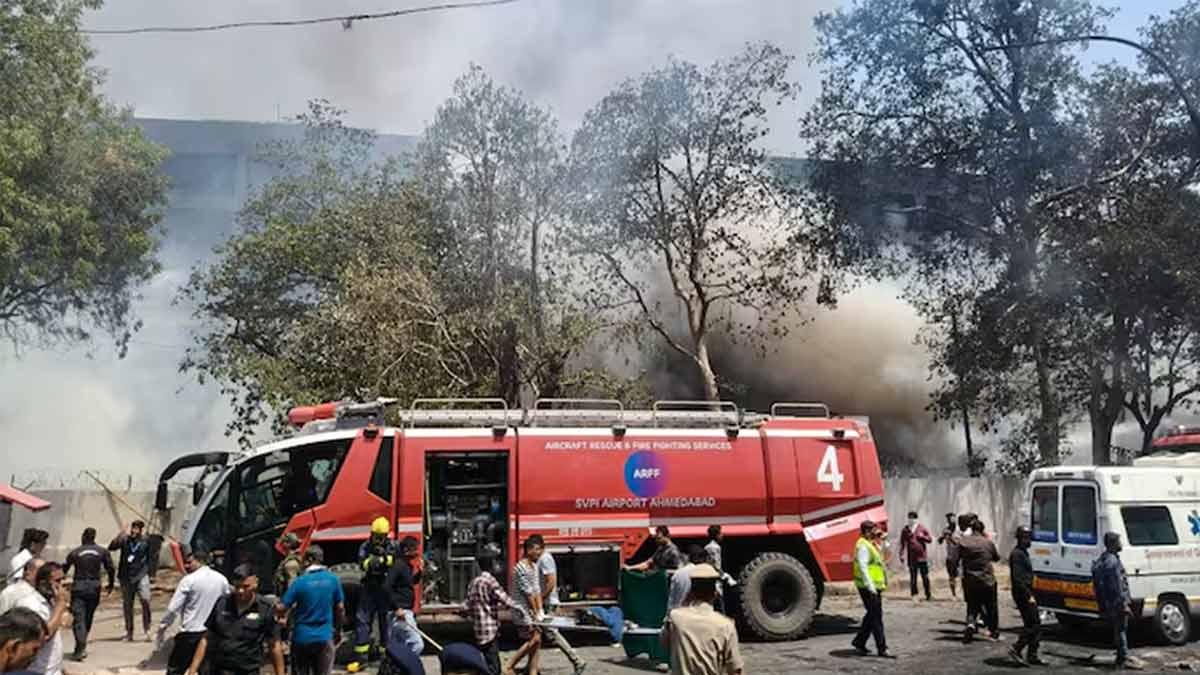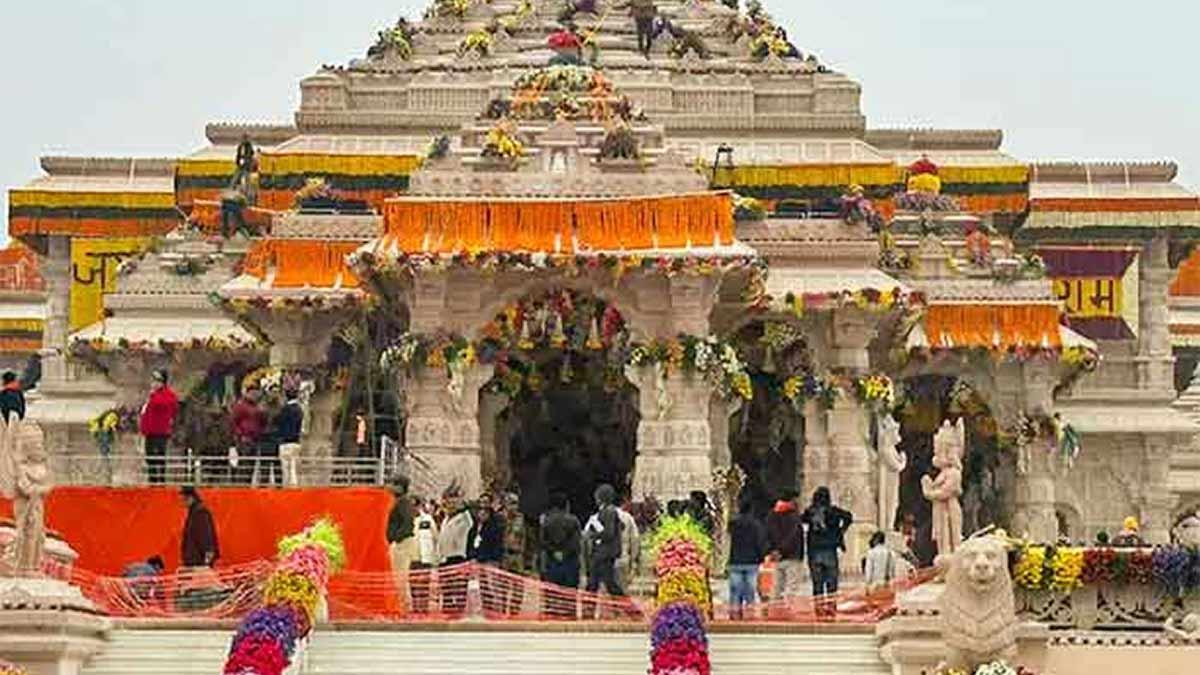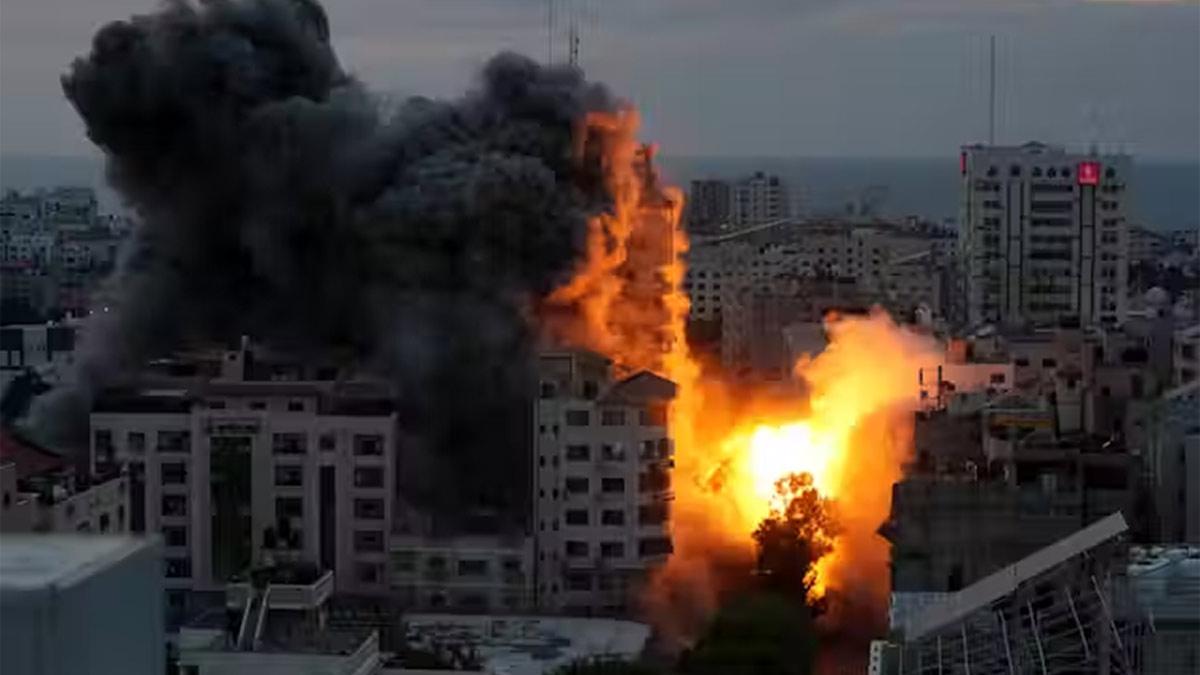The Supreme Court's move to form a special bench to hear petitions against the Places of Worship (Special Provisions) Act, 1991, is an important one, considering the increasing legal contestations related to the status of ancient religious monuments. The case has huge legal and political stakes, particularly amid the controversies surrounding surveys of mosques such as Gyanvapi in Varanasi and Shahi Idgah in Mathura.
With CJI Sanjiv Khanna presiding the bench, along with Justices PV Sanjay Kumar and KV Viswanathan, the court verdict could establish a trend for future controversy over religious places. The delay in the response of the Union government also lends itself to the ambiguity of the case.
The crux of the matter is whether the 1991 Act, which seeks to preserve the religious nature of places of worship as of August 15, 1947, infringes constitutional rights like the right to practice and manage religious matters (Articles 25 and 26). BJP leaders and other petitioners claim that the legislation bars Hindus from taking back temples said to have been destroyed during ancient invasions.
Conversely, Muslim groups such as Jamiat Ulama-i-Hind and the All India Muslim Personal Law Board (AIMPLB) emphasize that the law is essential to securing communal harmony and safeguarding religious places from political claims.
The Supreme Court's 2019 Ayodhya ruling had upheld the 1991 Act as valid, terming it as a necessity for secularism. But with fresh petitions being heard by lower courts, the controversy over this law is heating up once again.
With the hearing to be held on December 12, the decision could have sweeping implications for religious conflicts in India.
Read also| NIA Nabs Accused in ‘Donkey Route’ Human Trafficking to US


















